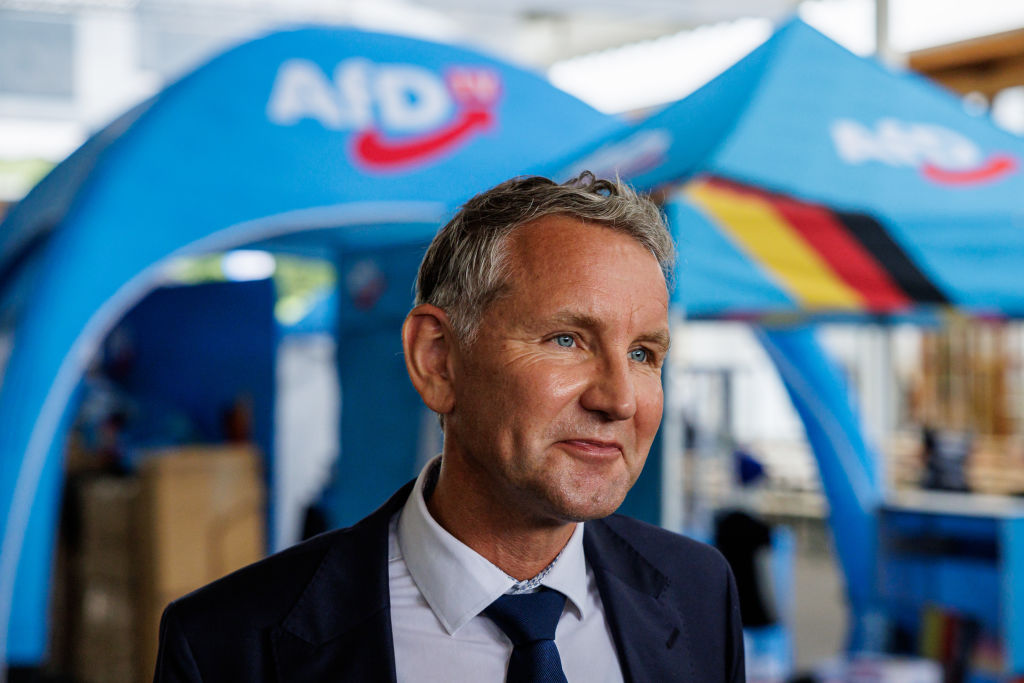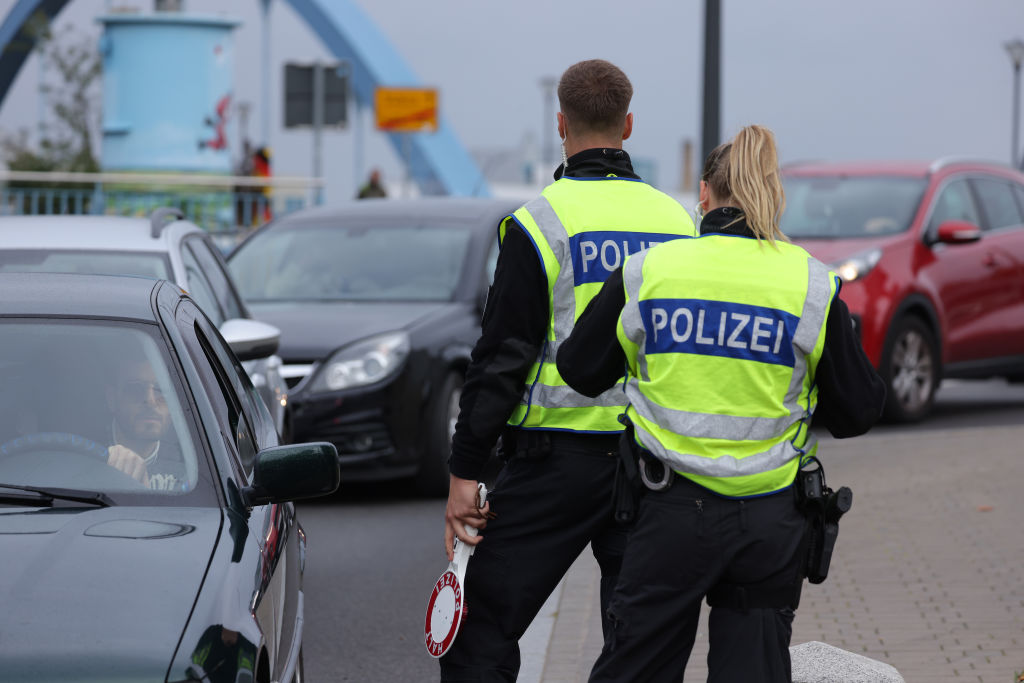Senior Alternative for Germany (AfD) politician Björn Höcke has been hit with another criminal probe over accusations he “defamed” the State.
The leader of the party’s Thuringia branch announced he had his State parliamentary immunity lifted for the ninth time on July 10.
According to a report by Die Zeit, Höcke is believed by prosecutors to have “denigrated the State” with a speech delivered in 2022.
Heute wurde zum 9. Mal meine #Immunität aufgehoben. Zum 9. Mal wegen eines angeblichen Meinungsdeliktes – wegen einer Rede, die ich 2022 (!!!) hielt. Ja, wie politisch ist die Justiz in #Deutschland? Wir werden es in Parlamentarischen Untersuchungsausschüssen aufarbeiten. Wer…
— Björn Höcke (@BjoernHoecke) July 10, 2024
Prosecutors reportedly claimed their accusations were based on “long passages” of his 30-minute speech, although did not clarify what parts they found objectionable.
Responding to his immunity being lifted, Höcke accused the judiciary of having become politicised, with the investigation into his nearly two-year-old speech coming just months before an important local election in Thuringia.
“How political is the judiciary in Germany?” he asked, claiming he was being accused of a “crime of opinion”.
He went on to share a link to the speech in question, encouraging those curious as to why he was being investigated to listen to the recording.
“Anyone who wants to get an idea of the ‘subject of investigation’ … can do so,” he said.

Thuringia is set to hold elections for its state parliament on September 1. AfD is expected to come first in the vote, with current polls indicating tit enjoys approximately 30 per cent of public support in the former territory of Communist East Germany (GDR).
The party is followed by the centre-right Christian Democratic Union (CDU), which is at 22 per cent, and the populist-left Bündnis Sahra Wagenknecht, which sits at 20 per cent.
The latter of these two parties traces its roots to the former ruling party of the GDR, with its eponymous leader Wagenknecht having been a member of its now-defunct legal successor, the Party of Democratic Socialism.
Some experts said they feared Thuringia could become ungovernable following the September elections, with the CDU expected to force itself to forge a “lame-duck” coalition with the hard-left to keep the AfD out of power.
Keeping the AfD out of power via a grand coalition could result in a return to weak, unstable Weimar Republic-style governments, @hoyer_kat, an academic of East German origin, tells @JustinStares.
Watch the full interview at https://t.co/HNVo5yeFPE pic.twitter.com/AHVxQLZ7qW
— Brussels Signal (@brusselssignal) February 14, 2024





